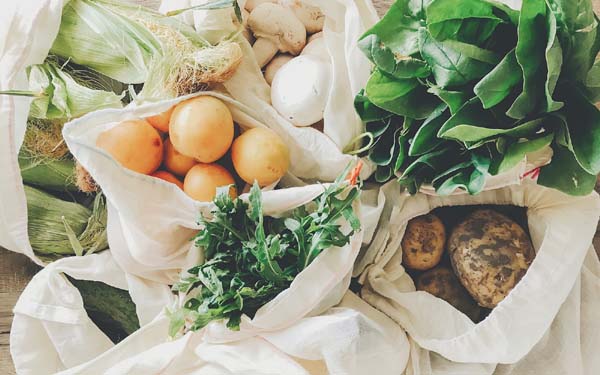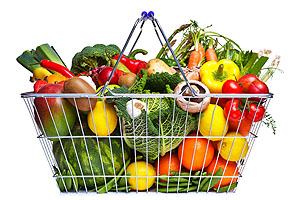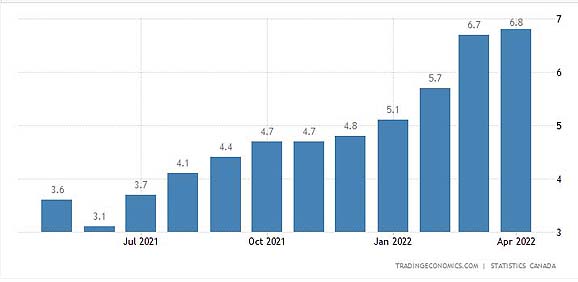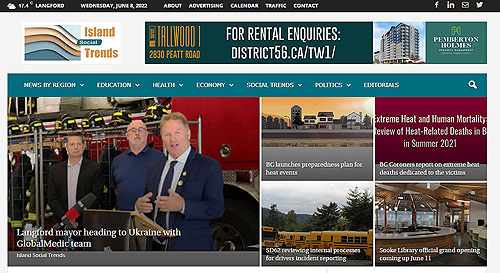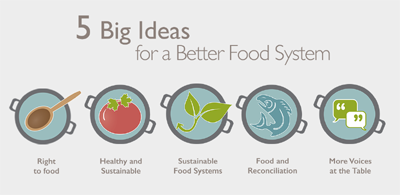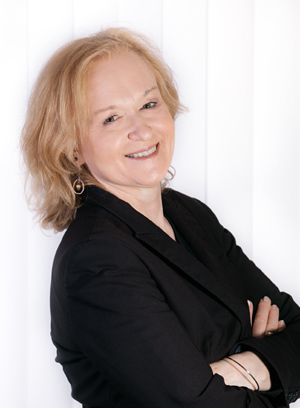Sunday June 12, 2022 | VANCOUVER ISLAND, BC [International]
Editorial analysis | by Mary P Brooke | Island Social Trends
The G7 Leaders’ Summit 2022 is set to take place later this month — June 26 to 28 — in the Bavarian Alps in Germany.
Germany took over the G7 Presidency on January 1 this year, and will host the Summit.
The set of G7 countries is comprised of Canada, France, Germany, Italy, Japan, the UK and the US. Represented jointly by the President of the European Council and the President of the European Commission, the EU participates in all discussions as a guest. [The group is formerly the G8, during the time 1997 to 2014 that Russia was part of the inter-governmental political forum until Russia invaded the Crimean area of Ukraine.]
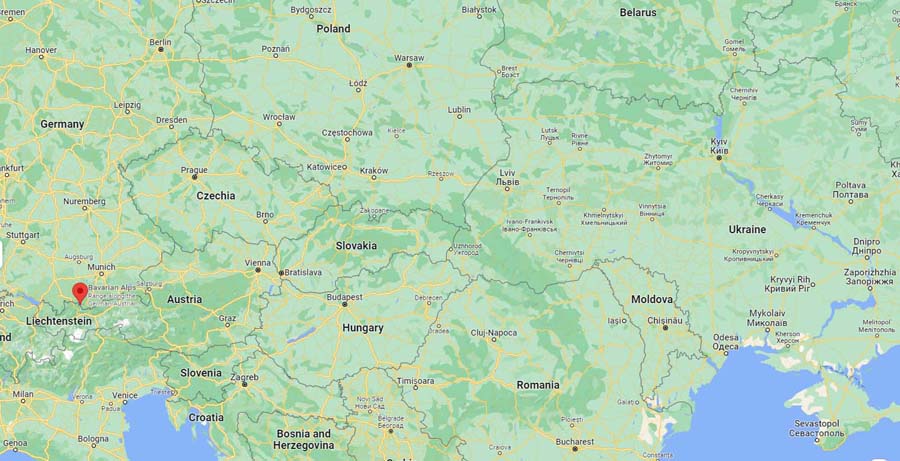
The Canadian government says that since joining the G7 in 1976, Canada has further strengthened its political and economic ties with the world’s most advanced economies and helped shape global progress on a broad range of issues. Canada has hosted the summit six times so far (between 1981 and 2018).
The 2022 G7 agenda shows attention to Governance, Industrial Development, Economics and Investment.
Food sustainability and supply chains:
Food security and sustainability has become a top concern, among others, as war-torn Ukraine deals with Russia’s invasion of their country. Ukraine and Russia are both major world producers of wheat and other agricultural products. Ukraine produces most of the world’s sunflower (widely used around the world for cooking oil).
Russia has — as part of their unprovoked invasion into Ukraine — had its eye very much on the southern port cities of Ukraine on the coast of the Black Sea. The ports in cities like Odesa and Mariupol have been prized captures for Russia, giving them control of what can be exported and imported by ship.
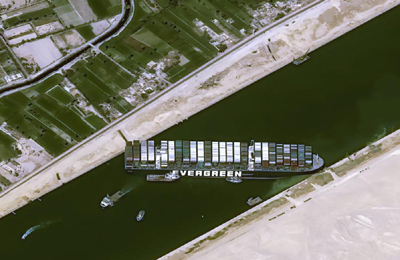
International news reports say that famine could result for millions of people in African and some Asian countries where normally there is dependence on wheat and other grains from Ukraine.
Food supply chains were disrupted during the peak of the COVID pandemic in 2020 and 2021, when worker shortages at sea ports and throughout the transportation network impacted the system. In Canada people have been sensitized to the importance of reliable food supply chains.
The sustainable food cycle includes attention to production, processing, distribution, consumption and recycling.
Food sustainability on the radar in Canada:
Food security and sustainability depends not only on the shipping and transportation sectors, but of course on the agricultural and food-producing sectors as well.
Over the past decade or two in Canada, people and communities learning to grow their own food has taken on new interest. Especially so in the past few months, as inflation shows no sign of easing back on retail food prices.
Inflation was 6.8% in Canada in April 2022 (the highest since January of 1991) with food prices surging by 8.8%, according to Statistics Canada.
What elected leadership is doing:
A soil health bill has been introduced (now twice) by south Vancouver Island MP Alistair MacGregor (Cowichan-Malahat-Langford) in the House of Commons, toward embedding soil conservation into the large-scale farming sector. Large farming operations rely on the use of fertilizers (much of it supplied from within Saskatchewan, but also Russia and Ukraine) and maintaining optimal soil performance.
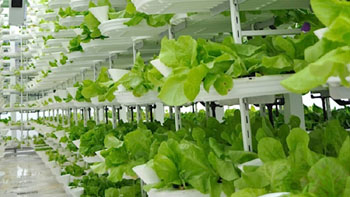
As of this year, agritech and vertical farming is now allowed in BC on Agricultural Land Reserve (ALR) land, including greenhouses and warehouses; that land is considerable naturally arable, and has been insightfully preserved from commercial or residential development under the ALR since the 1970s. BC has also developed a food hub in the Greater Victoria area, aiming to capture food supply that would otherwise be lost to retail or commercial food waste, and reorganize its distribution through communities and areas of perceived socioeconomic need. Both those initiatives were set forth under BC Agriculture and Food Minister Lana Popham.
As part of their initiative to support Ukraine, the City of Langford is sending a small volunteer troupe to Ukraine later this month for a few days, to help organize the setup of a local food supply network in western Ukraine to help support dislocated and disenfranchised residents. Langford is a municipality within the Greater Victoria area on south Vancouver Island.
The view forward:
The population of human beings on Earth is about 7.9 billion this year. Any initiatives — large or small — to staving off the worst of a food shortage, is action in the right direction.
Since the 1970s in North America, individuals have been doing their part by learning to recycle, grow and choose to eat natural foods, and otherwise walking more lightly upon the earth. From the ‘you are what you eat’ perspective that emerged in the 1970s, to organic produce making its way onto grocery store shelves, to local and regional governments undertaking recycling and carbon-reduction initiatives, the way forward is no longer taking any detours.
Finally, in just the last couple of years, climate change and the global spread of disease (as seen the COVID pandemic since 2020) are becoming top-of-mind concerns for governments and communities everywhere. The world has found itself to be a small, highly interconnected place.
Reimagining existing processes to identify the most innovative opportunities for business will be an integral part of the way forward as a sustainable world for human populations to survive, thrive and advance to new heights.
===== RELATED:
BC Greens announce summer health care tour (June 9, 2022)
Langford mayor heading to Ukraine with GlobalMedic team (June 8, 2022)
BC consumers & farmers benefit by food coupon increase (June 5, 2022)
BC Beef Day celebrates ranchers role in communities, food security & economy (June 2, 2022)
Food production garden gets growing at Royal Roads (April 13, 2022)
Agritech in Agricultural Land Reserve supports food security (February 19, 2022) | Increasing food production on the Agricultural Land Reserve (February 18, 2022)
Food supply stable as flood-impacted agriculture recovers (November 30, 2021)
TELUS Agriculture contributing to food supply data management (November 3, 2021)
Elxn44 ESS candidates: food sustainability on Vancouver Island (September 12, 2021)
===== ABOUT THE WRITER:
Mary P Brooke, B.Sc. (Food and Nutrition), Cert PR, is the editor and publisher of Island Social Trends, based in Langford on south Vancouver Island, BC, Canada.
Island Social Trends takes a socioeconomic lens to major social and community concerns, both locally and regionally, as well as in BC and beyond.
Ms Brooke is a long-time proponent of optimal nutrition and natural food production, including attention to soil health and water supply issues. She sees the adoption of preventive health measures by individuals and communities as key to managing the skyrocketing costs of the mainstream health care system.


